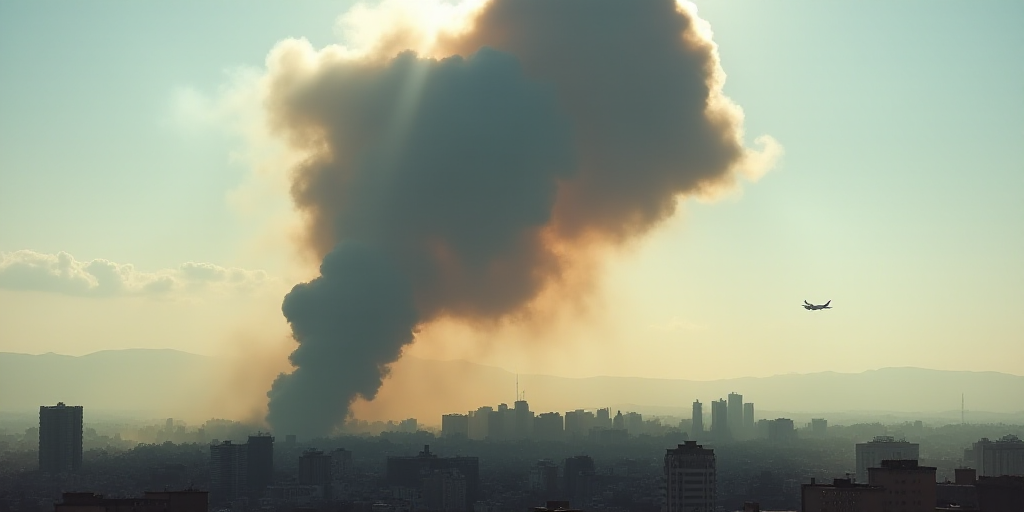Background on the Situation
The United States recently exercised its veto power at the United Nations Security Council (UNSC) to block a resolution demanding an immediate, unconditional, and permanent ceasefire in the Gaza Strip. The resolution also called for the release of hostages held by Hamas and other Palestinian militant groups, as well as the lifting of Israeli restrictions on humanitarian aid.
Resolution Details and Support
The resolution, presented by ten non-permanent UN member states, sought to ensure safe and unhindered distribution of humanitarian aid to civilians in need, urging Israel—as the occupying power—to facilitate this process.
Although the resolution was non-binding, its approval would have signified international consensus on the matter. Fourteen UN member states supported the resolution, with the United States casting the sole veto.
Reactions from Hamas and Palestinian Authority
Following the veto, Hamas criticized the United States for its complicity in what they described as “the ongoing genocide committed by the Zionist occupation.” The group demanded accountability for Israeli leaders before the International Criminal Court (ICC).
The Palestinian representative to the UN, Riad Mansour, expressed deep disappointment with the United States’ decision. He emphasized that all states must assume responsibility and take decisive action to deter Israel from continuing its alleged criminal activities in Palestine. Mansour called for the deployment of an international protection force and immediate, tangible accountability measures.
Context of the Conflict
The ongoing conflict began in response to attacks by Hamas and other Palestinian factions on October 7, 2023, resulting in approximately 1,200 deaths and around 250 abductions. Israel’s offensive has, to date, caused over 65,100 Palestinian casualties and nearly 165,600 injuries.
Key Questions and Answers
- What was the purpose of the UN resolution? The resolution aimed to establish an immediate, unconditional, and permanent ceasefire in Gaza and to ensure safe and unhindered distribution of humanitarian aid to civilians in need.
- Which countries supported the resolution? Fourteen UN member states, including ten non-permanent members, backed the resolution.
- Why did the United States veto the resolution? The U.S. has not officially stated its reasons for exercising the veto, but it has historically sided with Israel on matters related to security and self-defense.
- What reactions did the veto elicit from Hamas and the Palestinian Authority? Both Hamas and the Palestinian Authority criticized the U.S. veto, with Hamas calling for accountability before the ICC and the Palestinian representative urging international action against Israel.
- What is the current state of the conflict? The conflict has resulted in significant casualties and injuries among Palestinians, with ongoing calls for a ceasefire and humanitarian aid access.






